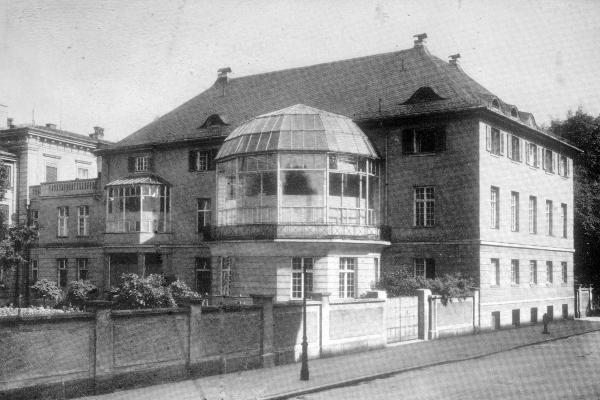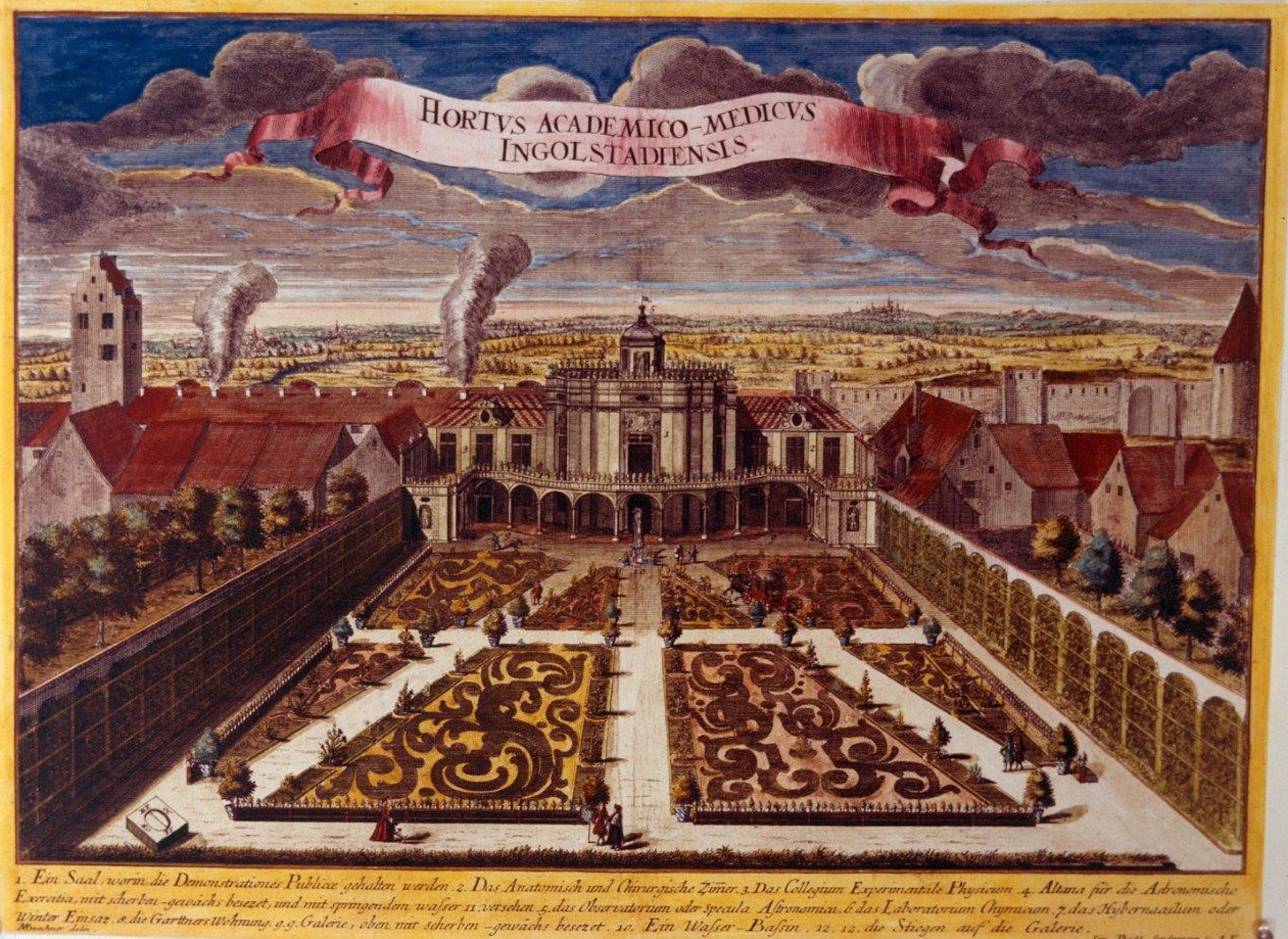Way back in 1472, it was one of the four founding faculties of the first university in Old Bavaria. Today, the Faculty of Medicine – alongside Munich University Hospital – ranks among the largest institutions of its kind in Germany. On Thursday, 13 October, LMU’s medical arm celebrated its 550th anniversary at a special ceremony at the Allerheiligen-Hofkirche (Royal Church of All Saints) in Munich’s Residenz Palace under the patronage of Bavarian Minister-President Dr. Markus Söder. The long list of LMU’s prominent medics features the likes of hygienist Max von Pettenkofer, pediatrician August von Hauner and psychiatrist Emil Kraepelin. Major advances and milestones in LMU’s medical development include the Dornier lithotripter and the first heart transplant in Germany.
LMU’s Faculty of Medicine teaches more medical students – around 6,000 at present – than any comparable institution in Germany. “Best minds, solid structures, robust networks. That is the motto we seek to live out in our daily work,” said Professor Thomas Gudermann, Dean of the Faculty of Medicine, in his address entitled “Medicine at LMU: Yesterday, Today and Tomorrow”. “We are the only faculty in Germany to have a presence at all eight German Centers for Health Research (DZG), which gives us a unique position across the whole spectrum of medical excellence.”
LMU also fields the spokespersons for six Collaborative Research Centers at the German Research Foundation. Gudermann praised the Faculty of Medicine’s ability to train budding doctors across all disciplines, to the highest educational standards and in line with the state of the art from the first to the last semester of their studies. Alongside the Munich Clinician Scientist Program, a development program for young clinicians that forges close links between research and patient care, a special mention was also given to the Medical Curriculum Munich (MeCum), which builds on the problem-oriented learning approach adopted by the Harvard Medical School.
Two thousand beds and some 11,500 staff across around 50 specialist clinics, institutions and departments make LMU’s University Hospital the second-largest hospital in Germany. Outpatient and inpatient care is provided to 500,000 individuals here every year. “The Faculty of Medicine and Munich University Hospital are among the biggest and best in Germany and Europe. We care for the health of our patients, conduct research into their diseases and train our students to the highest international standards,” said Professor Markus M. Lerch, Physician-in-Chief and CEO of Munich University Hospital, in his welcome address at the ceremony. “The team spirit that pervades all the professional groups here and the commitment to excellence that is lived out by every individual are the heart and soul of all LMU’s medical activities.”
An insight into the history of medicine at LMU, portraits of prominent historical figures and testimonials surrounding the 550th anniversary celebrations are available (in German) on the following website:550 Jahre LMU Medizin.


